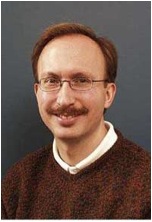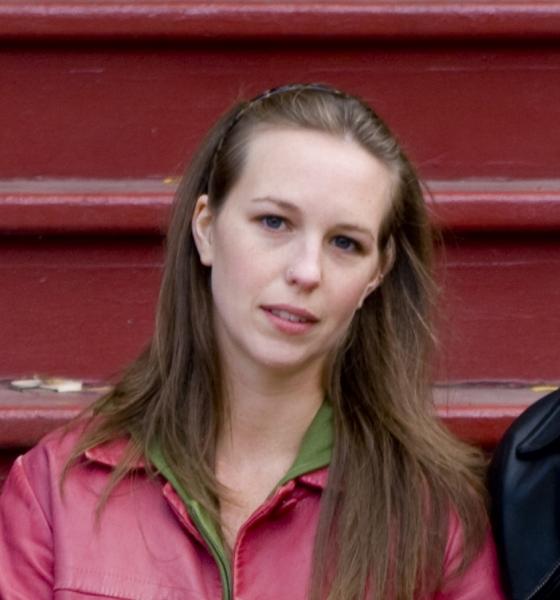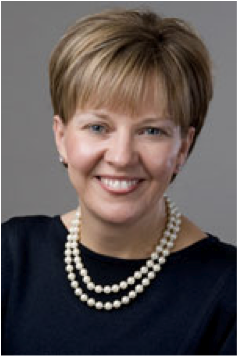Thanks From Scholar Kevin Nelson
The ARCS scholarship program has been a critical factor for my success in graduate school at Northwestern University. Not only did the program provide financial aid for me to continue my studies, but it also allowed me to interact with a diverse group of scientists and nonscientists several times a year. These interactions have allowed me to keep up with cutting edge research outside of my field of study and have provided enormous insight into my own work. Given the multidisciplinary nature of the program, I have also learned how to effectively communicate my results so that anyone from any field can understand what I am doing, an invaluable skill for any budding scientist. After I graduate from Northwestern, I plan on continuing my career in research by studying immunology in a postdoctoral position. I know that I will be able to take the experiences and lessons I’ve learned in the ARCS scholarship program and apply it to my next job, as well as the rest of my career as a scientist.



